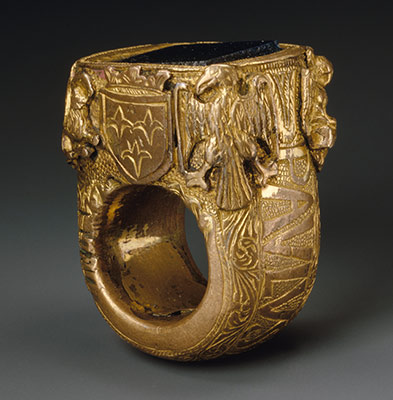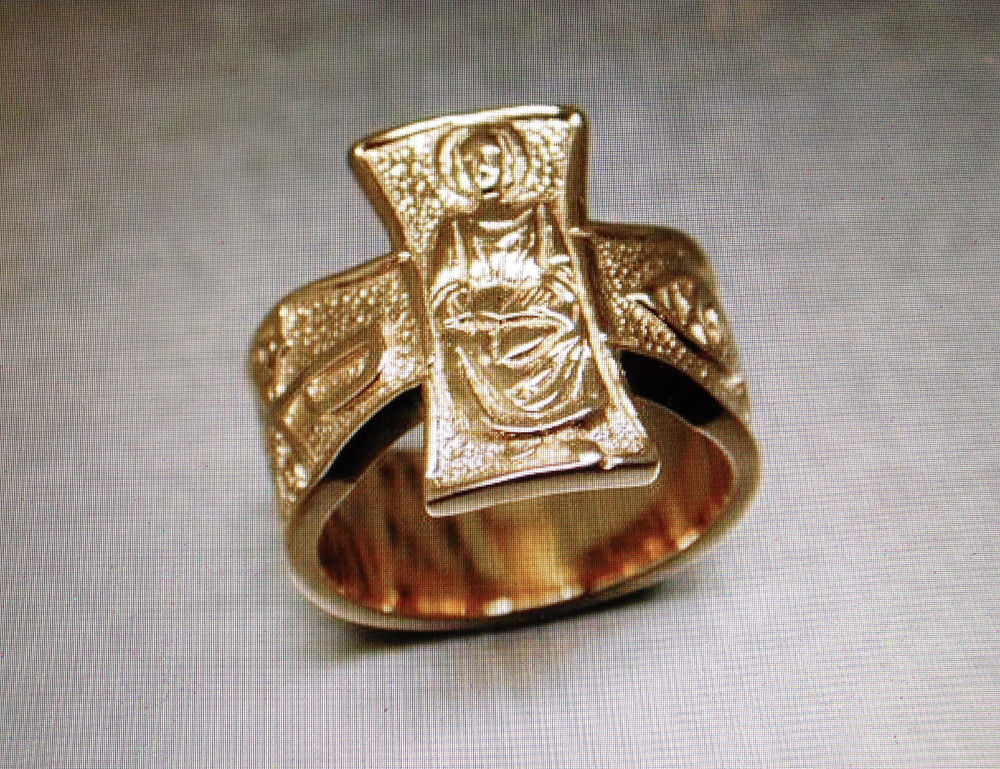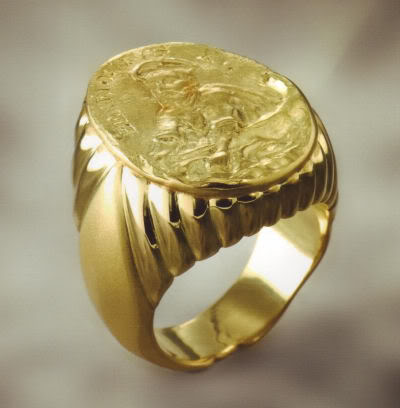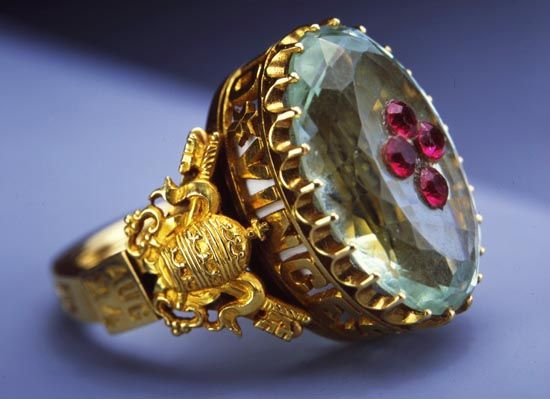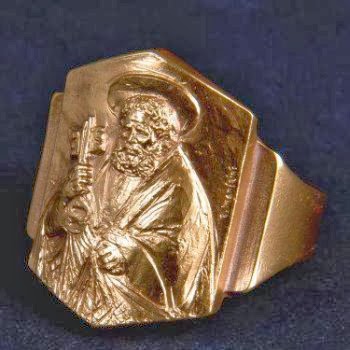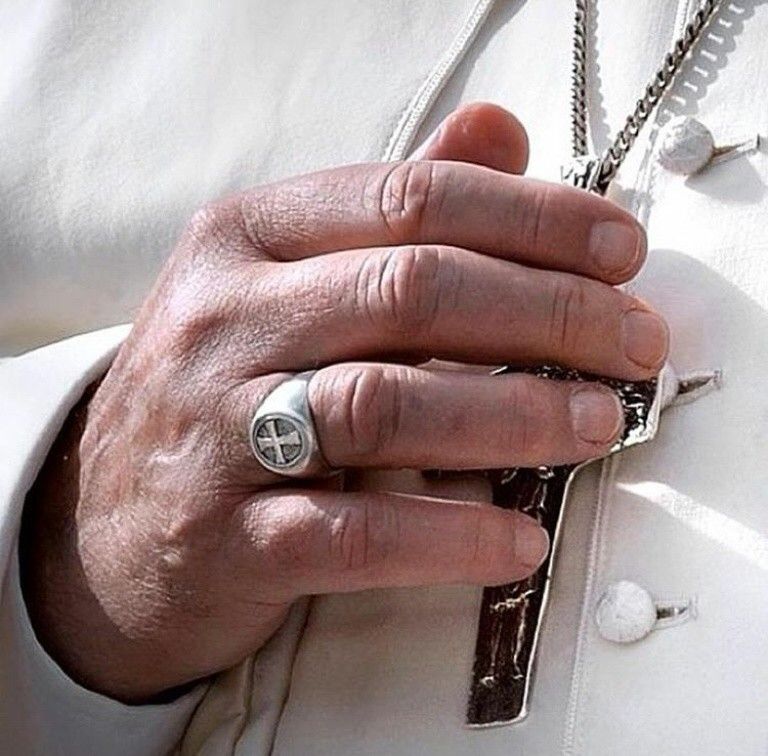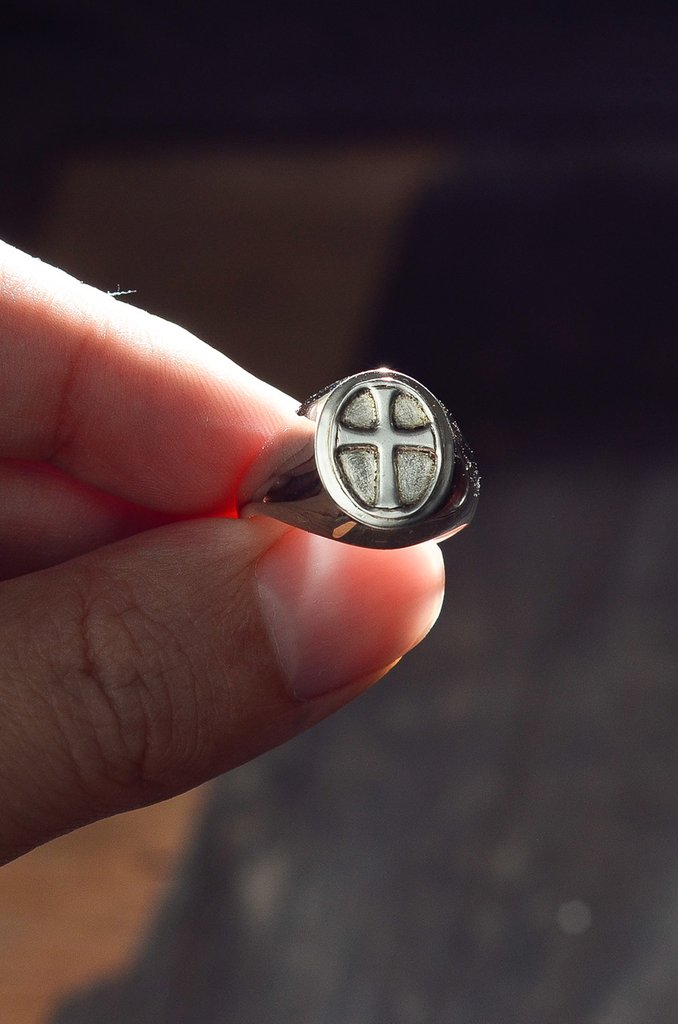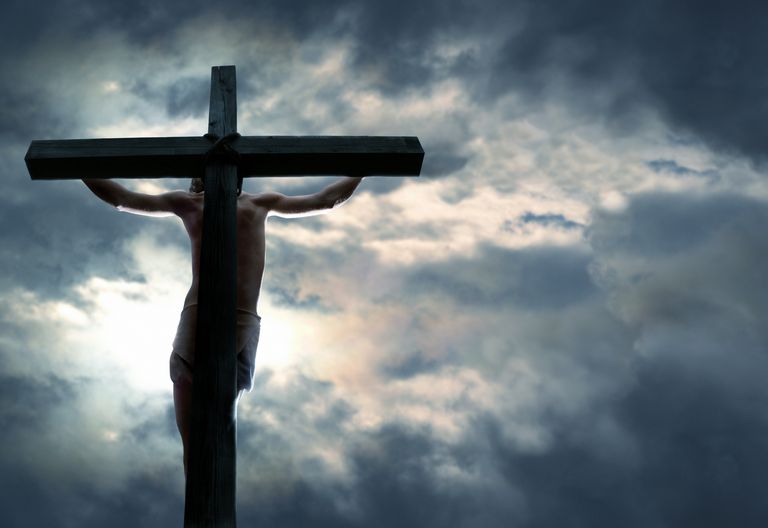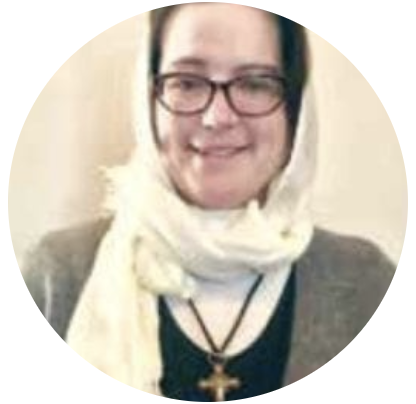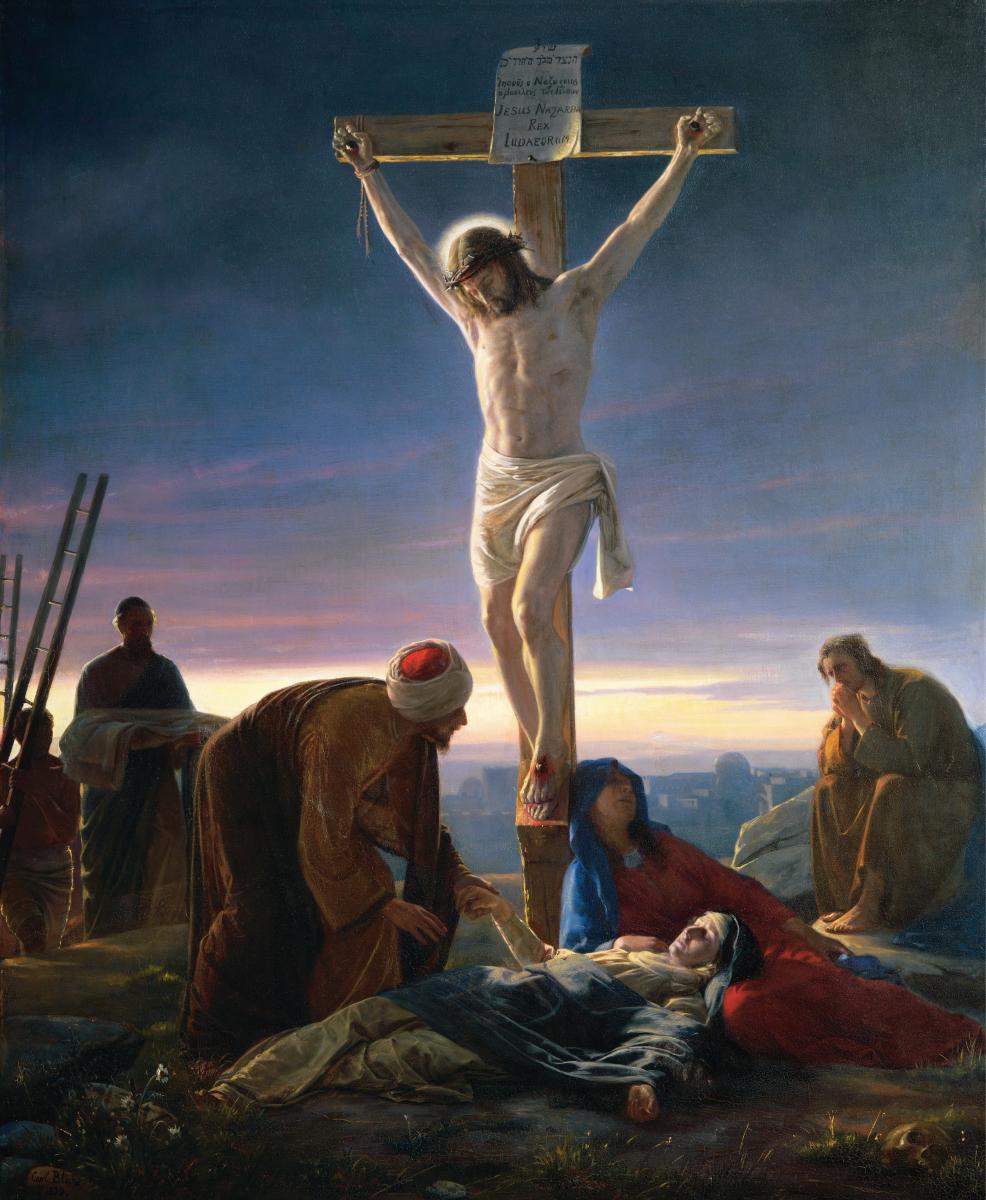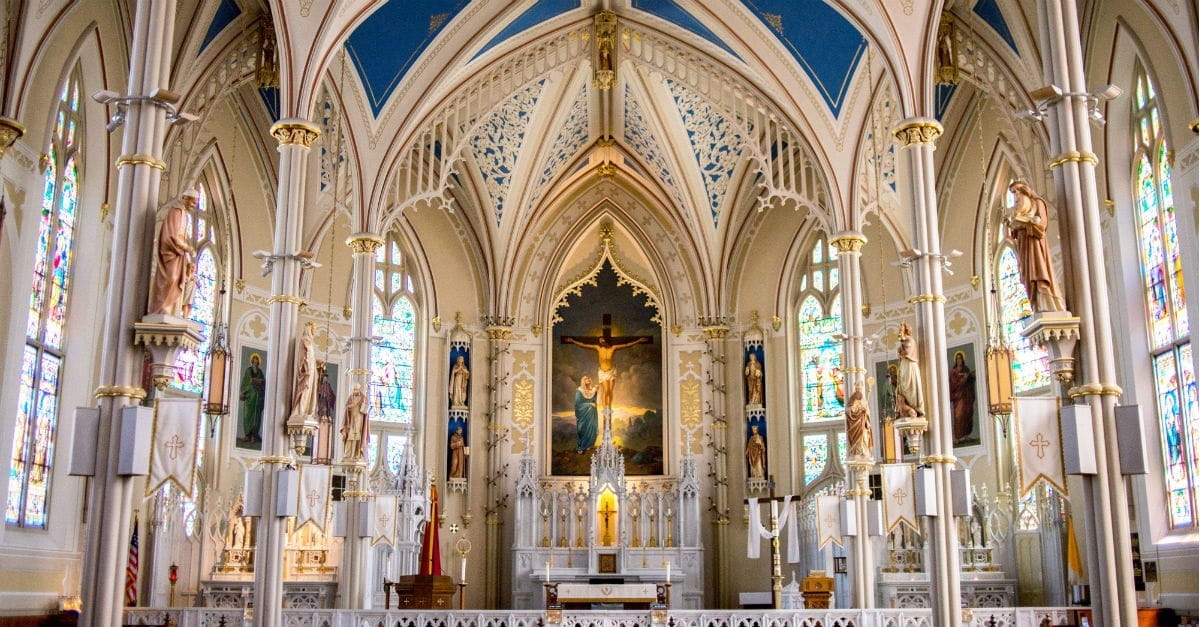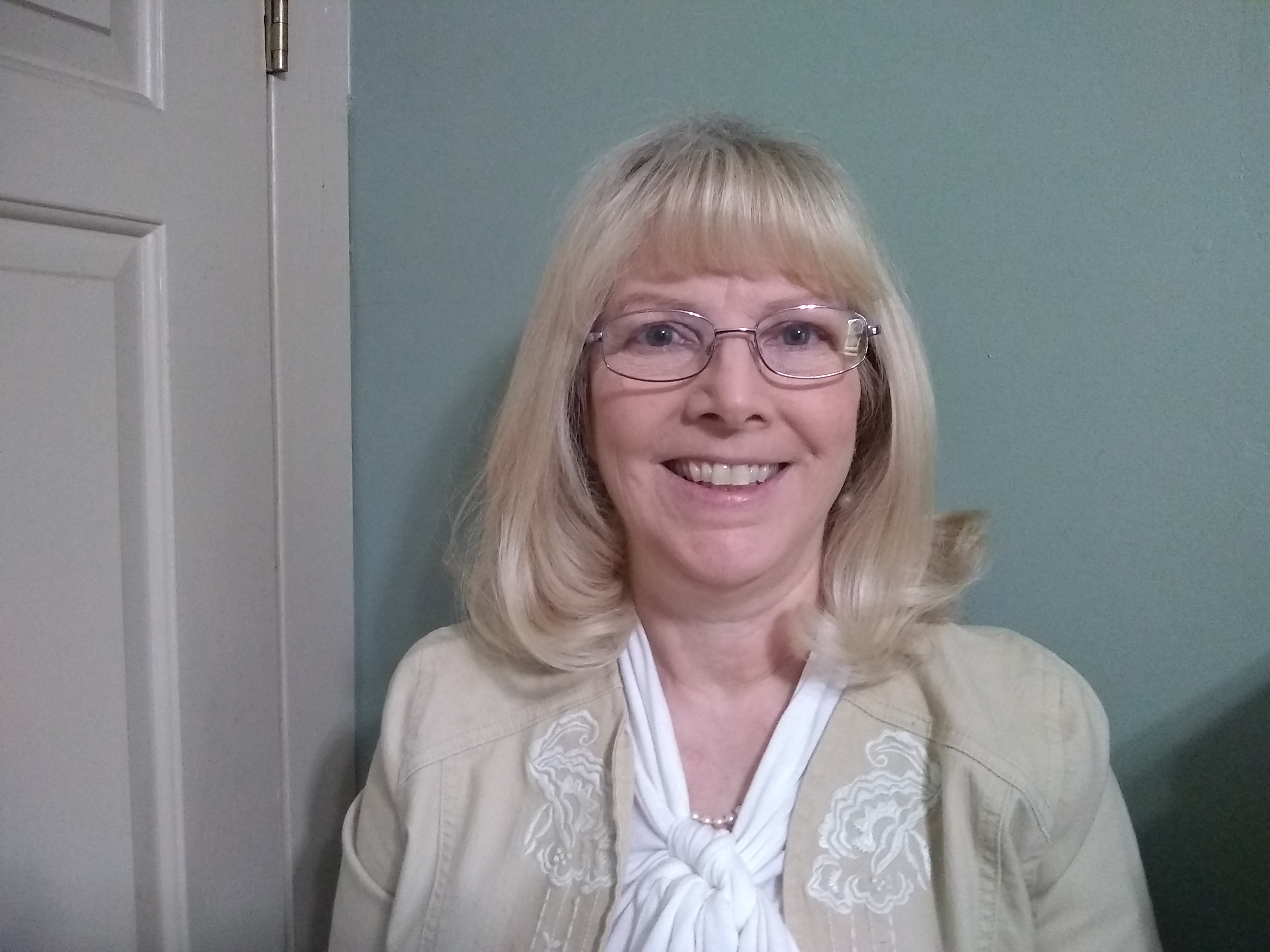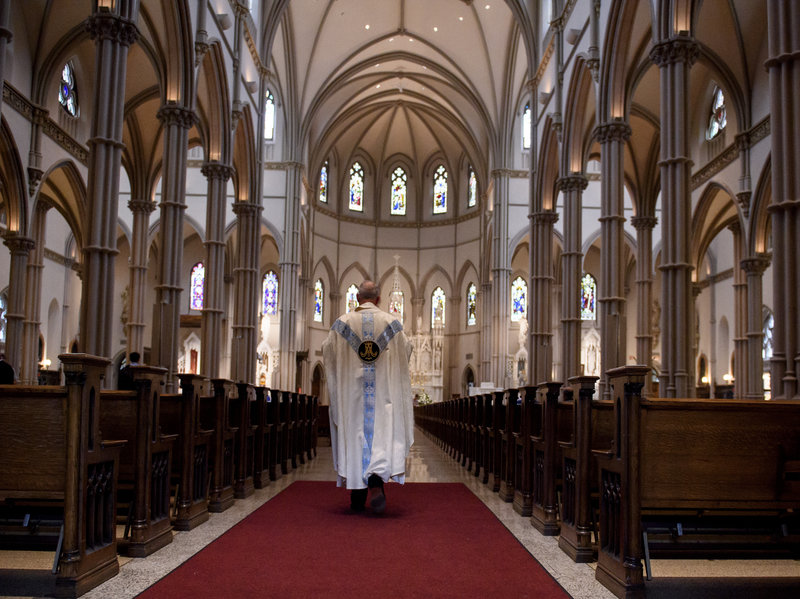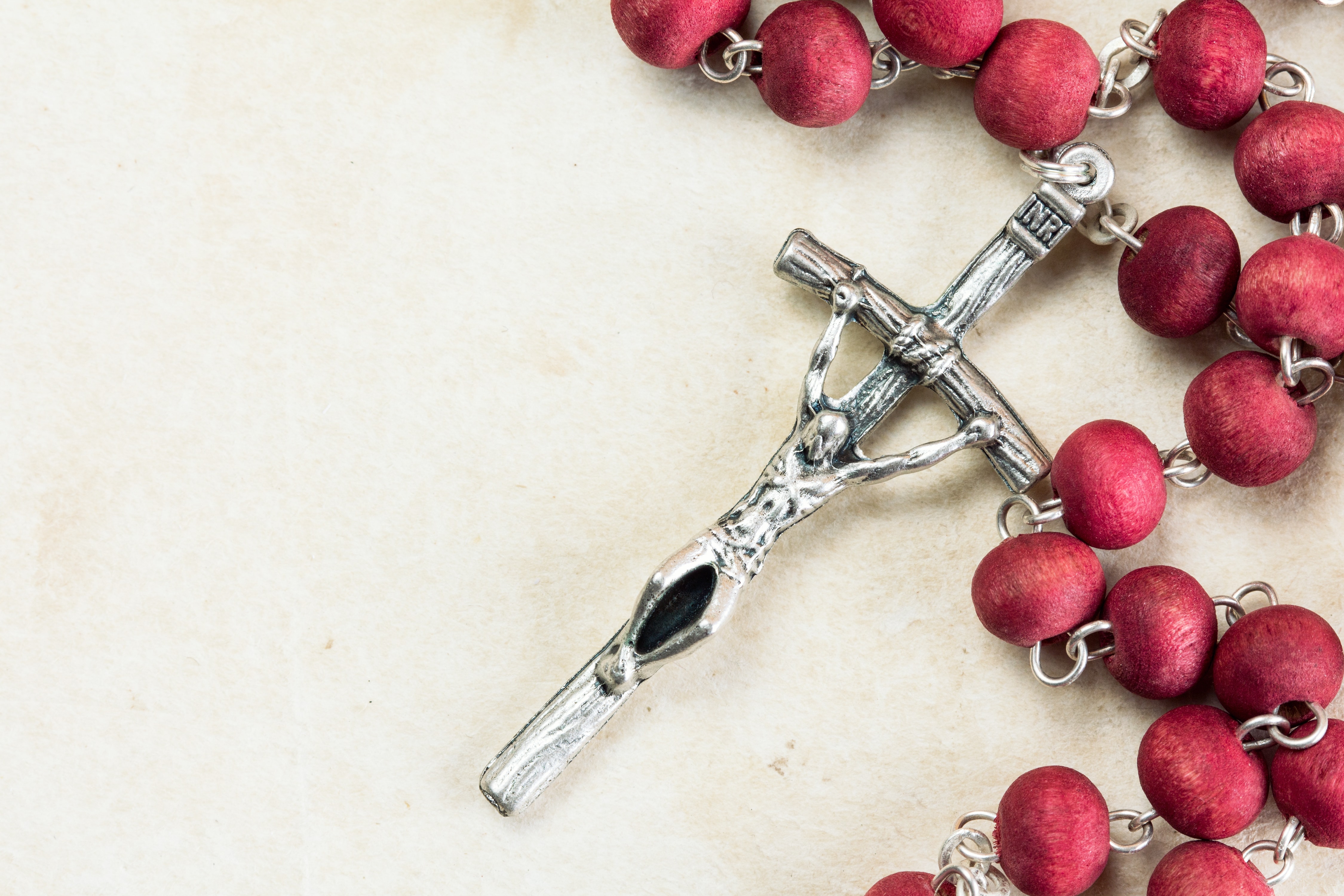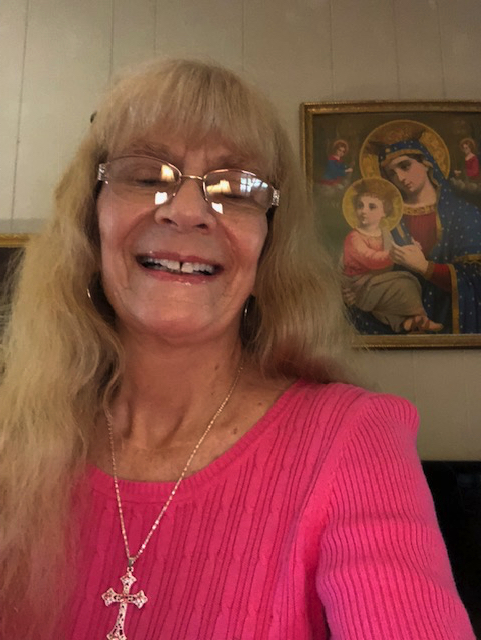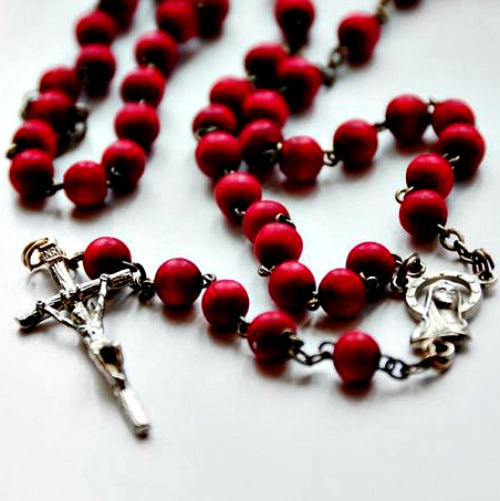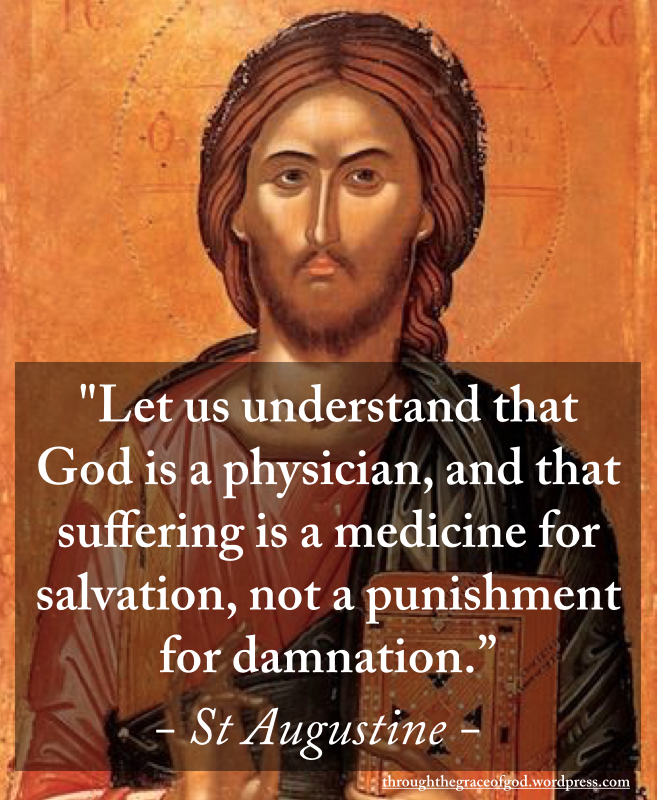
Mt 7:13-14
Phil 2:12
“Lord, what will become of sinners?”
–St Dominic
“Beyond a doubt the elect are few.”
“Not all, nor even a majority, are saved. . . They are indeed many, if regarded by themselves, but they are few in comparison with the far larger number of those who shall be punished with the devil.”
“As a man lives, so shall he die.”
“The Lord called the world a “field” and all the faithful who draw near to him “wheat.” All through the field, and around the threshing-floor, there is both wheat and chaff. But the greater part is chaff; the lesser part is wheat, for which is prepared a barn not a fire. . . The good also are many, but in comparison with the wicked the good are few. Many are the grains of wheat, but compared with the chaff, the grains are few.”
“The Apostle commands us to rejoice, but in the Lord, not in the world. For, you see, as Scripture says, whoever wishes to be a friend of this world will be counted as God’s enemy. Just as a man cannot serve two masters, so too no-one can rejoice both in the world and in the Lord.”
‘If you wish to imitate the multitude, then you shall not be among the few who shall enter in by the narrow gate.’
–St. Augustine, Doctor and Father of the Church
“The number of the saved is as few as the number of grapes left after the vine pickers have passed.”
“But I tremble when I see so many souls lost these days. See, they fall into Hell as leaves fall from the trees at the approach of winter.”
“Nothing afflicts the heart of Jesus so much as to see all His sufferings of no avail to so many.”
“Shall we all be saved? Shall we go to Heaven? Alas, my children, we do not know at all! But I tremble when I see so many souls lost these days. See, they fall into Hell as leaves fall from the trees at the approach of winter.”
“Alas, my friend. We cannot be together in Heaven unless we have begun to live so in this world. Death makes no change in that. As the tree falls, so shall it lie. . . Jesus Christ said . . . “He that does not hear the Church, let him be to thee as a heathen and a publican.” And he also said, “There shall be one fold and one shepherd,” and He made St. Peter the chief shepherd of His flock. My dear friend, there are not two ways of serving Jesus Christ. There is only one good way, and that is to serve Him as He Himself desires to be served.”
–St. Jean Vianney
“Meditate on the horrors of Hell which will last for eternity because of one easily committed mortal sin. Try hard to be among the few who are chosen. Think of the eternal flames of Hell, and how few there are that are saved.”
‘Yes, indeed, many will be damned; few will be saved.’
“I was watching souls going down into the abyss as thick and fast as snowflakes falling in the winter mist.”
–St. Benedict Joseph Labre
“The greater part of men choose to be damned rather than to love Almighty God.”
“He who abuses too much the mercy of God will be abandoned by Him.”
“The saved are few, but we must live with the few if we would be saved with the few. O God, too few indeed they are: yet amongst those few I wish to be!”
“All persons desire to be saved, but the greater part, because they will not adopt the means of being saved, fall into sin and are lost. … In fact, the Elect are much fewer than the damned, for the reprobate are much more numerous than the Elect.”
“Everyone desires to be saved but the greater part is lost.”
“All would wish to be saved and to enjoy the glory of paradise; but to gain heaven, it is necessary to walk in the straight road that leads to eternal bliss. This road is the observance of the divine commandments. Hence, in his preaching, the Baptist exclaimed: Make straight the way of the Lord.”
“We owe God a deep regret of gratitude for the purely gratuitous gift of the true faith with which he has favored us. How many are the infidels, heretics and schismatic who do not enjoy comparable happiness? The earth is full of them and they are all lost!”
“The greater part of men choose to be damned rather than to love Almighty God.”
“God, observes a certain author, wishes to be served by his priests with the fervor with which the seraphim serve him in heaven; otherwise he will withdraw his graces and permit them to sleep in tepidity, and thence to fall, first into the precipice of sin and afterwards into hell.”
‘To obtain salvation we must tremble at the thought of being lost, and tremble not so much at the thought of hell, as of sin, which alone can send us thither. He who dreads sin avoids dangerous occasions, frequently recommends himself to God, and has recourse to the means of keeping himself in the state of grace. He who acts thus will be saved; but for him who lives not in this manner it is morally impossible to be saved.’
‘In the Great Deluge in the days of Noah, nearly all mankind perished, eight persons alone being saved in the Ark. In our days a deluge, not of water but of sins, continually inundates the earth, and out of this deluge very few escape. Scarcely anyone is saved.’
“‘Some will say, It is enough for me to be saved. “No,” says St. Augustine, “it is not enough; if you say that it is enough, you will be lost.'”
“. . . let us bear in mind that unless we are humble we shall not only do no good, but we shall not be saved. “Unless you . . . become as little children, you shall not enter into the kingdom of heaven.” In order, then, to enter into the kingdom of heaven, we must become children, not in age, but in humility. St. Gregory says that as pride is a sign of reprobation, so humility is a mark of predestination.”
“What is the number of those who love Thee, O God? How few they are! The Elect are much fewer than the damned! Alas! The greater portion of mankind lives in sin unto the devil, and not unto Jesus Christ. O Savior of the world, I thank Thee for having called and permitted us to live in the true faith which the Holy Roman Catholic Church teaches. . . But alas, O my Jesus! How small is the number of those who live in this holy faith! Oh, God! The greater number of men he buried in the darkness of infidelity and heresy. Thou hast humbled Thyself to death, to the death of the cross, for the salvation of men, and these ungrateful men are unwilling even to know Thee. Ah, I pray Thee, O omnipotent God, O sovereign and infinite Good, make all men know and love Thee!”
“It is certainly a great happiness for some sinners who after a bad life are converted at their death, and are saved; but these cases are very rare: ordinarily he that leads a bad life dies a bad death.”
“It is certain that we absolutely require the divine assistance, in order to overcome temptations. . . Whoever prays obtains this grace; but whoever prays not, obtains it not, and is lost. And this is more especially the case with regard to the grace of final perseverance, of dying in the grace of God, which is the grace absolutely necessary for our salvation, and without which we should be lost forever. St. Augustine says of this grace, that God only bestows it on those who pray. And this is the reason why so few are saved, because few indeed are mindful to beg of God this grace of perseverance.”
“We were so fortunate to be born in the bosom of the Roman Church, in Christian and Catholic kingdoms, a grace that has not been granted to the greater part of men, who are born among idolaters, Mohammedans, or heretics. . . How thankful we ought to be, then, to Jesus Christ for the gift of faith! What would have become of us if we had been born in Asia, in Africa, in America, or in the midst of heretics and schismatic? He who does not believe is lost. He who does not believe shall be condemned. And thus, probably, we also would have been lost.”
“The great deluge at the time of Noah was the cause why all mankind perished, with the exception of eight persons who were saved in the Ark. In our time a deluge, not of water, but of sins, continually inundates the earth, and few persons escape it, especially among seculars. . .”
“All infidels and heretics are surely on the way to being lost. What an obligation we owe God! for causing us to be born not only after the coming of Jesus Christ, but also in countries where the true faith reigns! I thank Thee, O Lord, for this. Woe to me if, after so many transgressions, it had been my fate to live in the midst of infidels or heretics!”
“The greater number of men still say to God: Lord we will not serve Thee; we would rather be slaves of the devil, and condemned to Hell, than be Thy servants. Alas! The greatest number, my Jesus – we may say nearly all – not only do not love Thee, but offend Thee and despise Thee. How many countries there are in which there are scarcely any Catholics, and all the rest either infidels or heretics! And all of them are certainly on the way to being lost.”
–St. Alphonsus Maria de Liguori, Doctor of the Church
“A multitude of souls fall into the depths of Hell, and it is of the faith that all who die in mortal sin are condemned for ever and ever. According to statistics, approximately 80,000 persons die every day. How many of these will die in mortal sin, and how many will be condemned! For, as their lives have been, so also will be their end.”
–St. Anthony Mary Claret
“Behold how many there are who are called, and how few who are chosen! And behold, if you have no care for yourself, your perdition is more certain than your amendment, especially since the way that leads to eternal life is so narrow.”
‘Only a small number of souls achieve perfect love.’
–St. John of the Cross, Doctor of the Church
“Many begin well, but there are few who persevere.”
“Out of one hundred thousand sinners who continue in sin until death, scarcely one will be saved.”
“So that you will better appreciate the meaning of Our Lord’s words, and perceive more clearly how few the Elect are, note that Christ did not say that those who walked in the path to Heaven are few in number, but that there were few who found that narrow way. It is as though the Saviour intended to say: The path leading to Heaven is so narrow and so rough, so overgrown, so dark and difficult to discern, that there are many who never find it their whole life long. And those who do find it are constantly exposed to the danger of deviating from it, of mistaking their way, and unwittingly wandering away from it, because it is so irregular and overgrown.’
–St. Jerome, Doctor and Father of the Church
“The number of the elect is so small, so small, that were we to know how small it is, we should faint away with grief. The number of the elect is so small that were God to assemble them together, He would cry to them, as He did of old, by the mouth of His prophet, ‘Gather yourselves together, one by one’ — one from this province, one from that kingdom.”
‘Do not be deceived; there are only two roads: one that leads to life and is narrow; the other that leads to death and is wide. There is no middle way.’
-St. Louis Marie de Montfort
“I do not speak rashly, but as I feel and think. I do not think that many bishops are saved, but that those who perish are far more numerous.”
“What I am about to tell you is very terrible, yet I will not conceal it from you. Out of this thickly populated city with its thousands of inhabitants not one hundred people will be saved. I even doubt whether there will be as many as that!”
“What do you think? How many of the inhabitants of this city may perhaps be saved? What I am about to tell you is very terrible, yet I will not conceal it from you. Out of this thickly populated city with its thousands of inhabitants not one hundred people will be saved. I even doubt whether there will be as many as that!”
“Do you not perceive how many qualities a priest must have that he may be strong in his teaching, patient, and hold fast to the faithful word which is according to doctrine? What care and pains does this require! Moreover, he is answerable for the sins of others. To pass over everything else: If but one soul dies without Baptism, does it not entirely endanger his own salvation? For the loss of one soul is so great an evil that it is impossible to express it in words. For if the salvation of that soul was of such value that the Son of God became man and suffered so much, think of how great a punishment must the losing of it bring.”
–St. John Chrysostom, Doctor and Father of the Church
“If you would be quite sure of your salvation, strive to be among the fewest of the few. Do not follow the majority of mankind, but follow those who renounce the world and never relax their efforts day or night so that they may attain everlasting blessedness.”
‘It is impossible to be saved if we turn away from thee, O Mary.’
–St. Anselm, Doctor of the Church
“With the exception of those who die in childhood, most men will be damned.”
-St. Regimius of Rheims
“Ah, how many souls lose Heaven and are cast into Hell!”
-St. Francis Xavier
“Christ’s flock is called ‘little’ in comparison with the greater number of the reprobates.”
‘Nor should we think that it is enough for salvation that we are no worse off than the mass of the careless and indifferent, or that in our faith we are, like so many others, uninstructed.’
–St. Bede the Venerable, Doctor and Father of the Church
“How many among these uncivilized peoples do not yet know God, and are sunk in the darkest idolatry, superstition and ignorance! … Poor souls! These are they in whom Christ saw, in all the horror of His imminent Passion, the uselessness of His agony for so many souls!”
-St. Francesca Saverio Cabrini
“It must necessarily happen that, on account of this certainly culpable ignorance in which most men live, an enormous number will come to be damned, because no sin is pardoned which is not detested, and it is impossible to detest sin properly if it is not known as such.”
–St. Joseph Cafasso
‘The more the wicked abound, so much the more must we suffer with them in patience; for on the threshing floor few are the grains carried into the barns, but high are the piles of chaff burned with fire.’
“The Ark, which in the midst of the Flood was a symbol of the Church, was wide below and narrow above; and, at the summit, measured only a single cubit. . . It was wide where the animals were, narrow where men lived: for the Holy Church is indeed wide in the number of those who are carnal minded, narrow in the number of those who are spiritual.”
‘There are many who arrive at the faith, but few who are led into the heavenly kingdom. Behold how many are gathered here for today’s Feast-Day: we fill the church from wall to wall. Yet who knows how few they are who shall be numbered in that chosen company of the Elect?’
“They who are to be saved as Saints, and wish to be saved as imperfect souls, shall not be saved.”
-Pope St. Gregory the Great, Doctor and Father of the Church
“How few the Elect are may be understood from the multitude being cast out.”
–St. Hilary of Poitiers, Doctor and Father of the Church
“The greater part of men will set no value on the blood of Christ, and will go on offending Him.”
–St. Isidore of Seville, Doctor and Father of the Church
“Many religious go strait to Hell because they do not keep their vows!”
–St. Vincent Ferrer, OP
“So many people are going to die, and almost all of them are going to Hell! So many people falling into Hell!”
-Bd. Jacinta of Fatima
“Notwithstanding assurances that God did not create any man for Hell, and that He wishes all men to be saved, it remains equally true that only few will be saved; that only few will go to Heaven; and that the greater part of mankind will be lost forever.”
-St. John Neumann
“There was a synod being held in Paris, and a great number of prelates and pastors who had the charge of souls were in attendance; the king and princes also came to add luster to that assembly by their presence. A famous preacher was invited to preach. While he was preparing his sermon, a horrible demon appeared to him and said, ‘Lay your books aside. If you want to give a sermon that will be useful to these princes and prelates, content yourself with telling them on our part, ‘We the princes of darkness thank you, princes, prelates, and pastors of souls, that due to your negligence, the greater number of the faithful are damned; also, we are saving a reward for you for this favor, when you shall be with us in Hell.'”
“Our chronicles relate an even more dreadful happening. One of our brothers, well-known for his doctrine and holiness, was preaching in Germany. He represented the ugliness of the sin of impurity so forceful that a woman fell dead of sorrow in front of everyone. Then, coming back to life, she said, “When I was presented before the Tribunal of God, sixty thousand people arrived at the same time from all parts of the world; out of that number, three were saved by going to Purgatory, and all the rest were damned.”
“A great number of Christians are lost.”
-St. Leonard of Port Maurice
‘That those who walk in the way of salvation are the smaller number is due to the vice and depraved habits imbibed in youth and nourished in childhood. By these means Lucifer has hurled into Hell so great a number of souls, and continues thus to hurl them into Hell every day, casting so many nations from abyss to abyss of darkness and errors, such as are contained in the heresies and false sects of the infidels.’
-Ven. Mary of Agreda
‘I exhort you, therefore, not to faint in your afflictions, but to be revived by God’s love, and to add daily to your zeal, knowing that in you ought to be preserved that remnant of true religion which the Lord will find when He comes on the earth. Even if bishops are driven from their Churches, be not dismayed. If traitors have arisen from among the very clergy themselves, let not this undermine your confidence in God. We are saved not by names, but by mind and purpose, and genuine love toward our Creator. Bethink you how in the attack against our Lord, high priests and scribes and elders devised the plot, and how few of the people were found really receiving the word. Remember that it is not the multitude who are being saved, but the elect of God. Be not then affrighted at the great multitude of the people who are carried hither and thither by winds like the waters of the sea. If but one be saved, like Lot at Sodom, he ought to abide in right judgment, keeping his hope in Christ unshaken, for the Lord will not forsake His holy ones. Salute all the brethren in Christ from me. Pray earnestly for my miserable soul.’
-St. Basil the Great, Doctor and Father of the Church
‘O Jesus! . . . Remember the sadness that Thou didst experience when, contemplating in the light of Thy divinity the predestination of those who would be saved by the merits of Thy sacred passion, thou didst see at the same time the great multitude of reprobates who would be damned for their sins, and Thou didst complain bitterly of those hopeless, lost, and unfortunate sinners.’
-St. Bridget of Sweden
‘With the exception of those who die in childhood, most men will be damned.’
-St. Regimius of Rheims
‘Ah, how many souls lose Heaven and are cast into Hell!’
-St. Francis Xavier
‘How many among these uncivilized peoples do not yet know God, and are sunk in the darkest idolatry, superstition and ignorance! . . . Poor souls! These are they in whom Christ saw, in all the horror of His imminent Passion, the uselessness of His agony for so many souls!’
-St. Francesca Saverio Cabrini
‘Cast a look round the world, just observe the manner of living, of speaking, and you will see immediately whether the evil of sin is known in the world or whether any attention is paid to it. Not to speak of those who live decidedly irreligious and wicked lives, how few are those who pass for good and who approach the sacraments are aware of the great evil that sin is, and the great ruin it brings with it. It must necessarily happen that, on account of this certainly culpable ignorance in which most men live, an enormous number will come to be damned, because no sin is pardoned which is not detested, and it is impossible to detest sin properly if it is not known as such.’
-St. Joseph Cafasso
‘It is as though Jesus said: “O My Father, I am indeed going to clothe myself with human flesh, but the greater part of the world will set no value on my blood!”‘
‘The greater part of men will set no value on the blood of Christ, and will go on offending Him.’
-St. Isidore of Seville, Doctor and Father of the Church
‘How few the Elect are may be understood from the multitude being cast out.’
-St. Hilary of Poitiers, Doctor and Father of the Church
‘So many people are going to die, and almost all of them are going to Hell! So many people falling into hell!’
-Bl. Jacinta of Fatima
‘Live with the few if you want to reign with the few.’
-St. John Climacus, Father of the Church
“Get out of the filth of the horrible torrent of this world, the torrent of thorns that is whirling you into the abyss of eternal perdition. . . This torrent is the world, which resembles an impetuous torrent, full of garbage and evil odours, making a lot of noise but flowing swiftly passed, dragging the majority of men into the pit of perdition.”
“The greatest evil existing today is heresy, an infernal rage which hurls countless souls into eternal damnation.”
“In order to understand more clearly this fundamental truth of Christian life, and to establish it more solidly in your soul, bear in mind that Our Lord Jesus Christ does not have simply one body and one life, but two. First, there is His own personal body which He received from the Blessed Virgin and the personal life which He lived in human form in this world. There is also His Mystical Body, namely the Church, which St. Paul calls “the body of Jesus Christ” (1 Cor. 12: 27). And His second life is the life by which He dwells in this Mystical Body: in all true Christians who are members of the Church.”
“O Jesus … keep me safe in Thy Church, as in the bosom of a mother, apart from whom there is no life or salvation.”
“We must … offer ourselves to Jesus to die and shed our blood a thousand times if it were possible … in preference to the slightest deviation from the faith of His Church.”
“O my Lord Jesus, should there arise an occasion on which I would either have to die or renounce Thy holy faith, I do vow and promise Thee as firmly and constant as possible to confess and acknowledge Thee in the presence of everyone at the price of my blood, my life, and all the martyrdoms and torments imaginable, and to suffer a thousand deaths with all the tortures of earth and Hell rather than deny Thee. Oh, let me die in the faith of all Thy holy Martyrs!”
–St. John Eudes
‘Take care not to resemble the multitude whose knowledge of God’s will only condemns them to more severe punishment.’
–St. John of Avila
‘Notwithstanding assurances that God did not create any man for Hell, and that He wishes all men to be saved, it remains equally true that only few will be saved; that only few will go to Heaven; and that the greater part of mankind will be lost forever.’
-St. John Neumann
‘The majority of men shall not see God, excepting those who live justly, purified by righteousness and by every other virtue.’
–St. Justin Martyr, Father of the Church
‘Woe to you who command others! If so many are damned by your fault, what will happen to you? If few out of those who are first in the Church of God are saved, what will happen to you? Take all states, both sexes, every condition: husbands, wives, widows, young women, young men, soldiers, merchants, craftsmen, rich and poor, noble and plebian. What are we to say about all these people who are living so badly? The following narrative from Saint Vincent Ferrer will show you what you may think about it. He relates that an archdeacon in Lyons gave up his charge and retreated into a desert place to do penance, and that he died the same day and hour as Saint Bernard. After his death, he appeared to his bishop and said to him, “Know, Monsignor, that at the very hour I passed away, thirty-three thousand people also died. Out of this number, Bernard and myself went up to heaven without delay, three went to purgatory, and all the others fell into Hell.”‘
‘Look higher still, and see the prelates of the Holy Church, pastors who have the charge of souls. Is the number of those who are saved among them greater than the number of those who are damned? Listen to Cantimpre; he will relate an event to you, and you may draw the conclusions. There was a synod being held in Paris, and a great number of prelates and pastors who had the charge of souls were in attendance; the king and princes also came to add luster to that assembly by their presence. A famous preacher was invited to preach. While he was preparing his sermon, a horrible demon appeared to him and said, “Lay your books aside. If you want to give a sermon that will be useful to these princes and prelates, content yourself with telling them on our part, ‘We the princes of darkness thank you, princes, prelates, and pastors of souls, that due to your negligence, the greater number of the faithful are damned; also, we are saving a reward for you for this favor, when you shall be with us in Hell.”‘
-St. Leonard of Port Maurice
‘I see around me a multitude of those who, blindly persevering in error, despise the true God; but I am a Christian nevertheless, and I follow the instruction of the Apostles. If this deserves chastisement, reward it; for I am determined to suffer every torture rather then become the slave of the devil. Others may do as they please since they are. . . reckless of the future life which is to be obtained only by sufferings. Scripture tells us that “narrow is the way that leads to life” . . . because it is one of affliction and of persecutions suffered for the sake of justice; but it is wide enough for those who walk upon it, because their faith and the hope of an eternal reward make it so for them. . . On the contrary, the road of vice is in reality narrow, and it leads to an eternal precipice.’
-St. Leo of Patara
‘. . . a greater number is lost through false confidence than through excessive fear.’
-Ven. Louis de Granada
‘Taking into account the behavior of mankind, only a small part of the human race will be saved.’
-St Lucy of Fatima
‘The majority of souls appear before the Judgment empty-handed. They did nothing good for eternity.’
-Ven. Mary of Agreda
‘So vast a number of miserable souls perish, and so comparatively few are saved!’
–St. Philip Neri
‘Oh, Jesus, Divine Redeemer of souls, behold how great is the multitude of those who still sleep in the darkness of error! Reckon up the number of those who stray to the edge of the precipice. Consider the throngs of the poor, the hungry, the ignorant, and the feeble who groan in their abandoned condition. Oh Lord, our sins darken our understanding, and hide from us the blessing of loving Thee as Thou dost merit. Enlighten our minds with a ray of Thy divine light. Thou art the Friend, the Redeemer, and the Father of the one who turns penitent to Thy Sacred Heart. Amen.’
-Pope St. Pius X
‘Among adults there are few saved because of sins of the flesh.’
-St. Regimius of Rheims
‘It is granted to few to recognize the true Church amid the darkness of so many schisms and heresies, and to fewer still so to love the truth which they have seen as to fly to its embrace.’
–St. Robert Bellarmine, Doctor of the Church
‘The path to Heaven is narrow, rough and full of wearisome and trying ascents, nor can it be trodden without great toil; and therefore wrong is their way, gross their error, and assured their ruin who, after the testimony of so many thousands of saints, will not learn where to settle their footing.’
“Oh how much are the worldlings deceived that rejoice in the time of weeping, and make their place of imprisonment a palace of pleasure; that consider the examples of the saints as follies, and their end as dishonorable; that think to go to Heaven by the wide way that leadeth only to perdition!”
–St. Robert Southwell
‘I fear that Last Day, that day of tribulation and anguish, of calamity and misery, of mist and darkness, that Day on which, if the just have reason to fear, how much more should I, an impious, wretched, and ungrateful sinner!’
-Bl. Sebastian Valfre
‘The number of the damned is incalculable.’
–St. Veronica Giuliani
‘Many religious go strait to Hell because they do not keep their vows!’
–St. Vincent Ferrer
‘Ah! A great many persons live constantly in the state of damnation!’
-St. Vincent de Paul
“Since their eternal happiness, consisting in the vision of God, exceeds the common state of nature, and especially in so far as this is deprived of grace through the corruption of original sin, those who are saved are in the minority. In this especially, however, appears the mercy of God, that He has chosen some for that salvation, from which very many in accordance with the common course and tendency of nature fall short.”
–St. Thomas Aquinas, Doctor of the Church
“Jesus Christ is given to us through the Church, just as He was given to the Church through Mary … The Church alone has received the deposit of faith in Jesus Christ … and it is through the Holy Catholic Church alone that men can become true children of the faith … Unfortunate are the nations that do not live in the Church of Jesus Christ. They are like men outside the Ark at the time of the Flood. Out- side the Church, these poor travelers wander without a guide in the desert. They are like a sailor on a boat without either rudder or pilot. Alas, unfortunate children, abandoned on the road, without a mother to nourish and love them; they will soon die of cold and hunger! The gift of the Church as our mother and teacher in the Faith is therefore the greatest grace Jesus Christ could bestow upon us. And the greatest charity we can do to a man is to lead him to the true Church, outside which there is no salvation.”
“And how very small is the kingdom of Jesus Christ! So many nations have never had the faith!”
–St. Peter Julian Eymard
“Outside the unity of faith and love which makes us sons and members of the Church … no one can be saved.”
–St. Bonaventure
“Outside this communion, as outside the Ark of Noah, there is absolutely no salvation for mortals: not for Jews or pagans who never received the faith of the Church; not for heretics who, having received it, forsook or corrupted it; not for schismatics who left the peace and unity of the Church; and finally, neither for excommunicated persons who for any other serious cause deserved to be put away and separated from the body of the Church like pernicious members. For the rule of Cyprian and Augustine is certain: that man will not have God for his Father who would not have the Church for his Mother.”
–St. Peter Canisius
“If you die as an unbeliever, you will be damned and lost forever.”
–St. John Bosco
“To the damned the voluntary loss of Paradise is a greater loss than the very pains of Hell.”
–St. Peter Chrysologus
“Let the sinner know that he will be tortured throughout all eternity, in those senses which he made use of to sin. I am writing this at the command of God, so that no soul may find an excuse by saying there is no hell, or that nobody has ever been there, and so no one can say what it is like. I, Sister Faustina, by the order of God, have visited the abysses of hell so that I might tell souls about it and testify to its existence.”
—St. Faustina Kowalska (741), Diary of Saint Maria Faustina Kowalska – Divine Mercy in My Soul
Love & salvation!
Matthew

